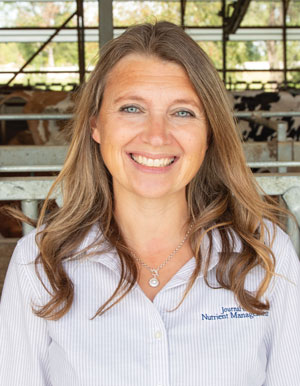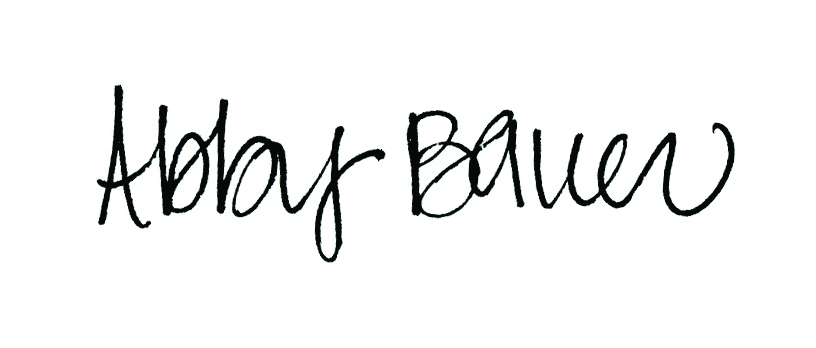
Most people put a lot of thought into choosing a name, whether it is for a child, a business, or even a pet. A name is a long-term commitment, one that is not easily changed. We want to be sure we get it right.
The same goes for the title of a book or the title of a job. We can make the ordinary sound extraordinary — or the extraordinary sound ordinary — depending on the words we choose.
Names and titles are more than just what someone or something is called. They can create a first impression. They may set certain expectations.
Late this summer, I spent two days at the North American Manure Expo. This outdoor trade show includes educational presentations and equipment demonstrations. It really is a gathering place for people who study manure, move manure, and produce manure by owning livestock. There are not many other places where you will find a group of individuals sitting on the grassy banks of a manure lagoon on a hot summer day, watching agitation boats do their thing.
At the event, I saw many creative logos and business names for farms and custom application businesses on the backs of shirts and the front of hats. One in particular caught my eye. It was for a manure hauling business, and underneath the company’s name was a short explanation of their work: custom organic nutrient recyclers.
It’s easy to make jokes when our line of work involves animal waste and when slang terms for manure include several swear words. No matter what we call it, the job of storing and handling manure must get done, and a little humor is good for us all.
Still, there is something to be said about carefully choosing the terms we use when talking about nutrient management. That company’s description — custom organic nutrient recyclers — shines a different light on manure application. It is just one example of how we refer to for-hire nutrient applicators, but descriptions like that are likely to resonate differently with people outside of agriculture, and whether we like it or not, their perception of us matters.
The words we use might shape how people look at our business and how we conduct our business, too. When we assign more professional terms to our roles and the product we handle, we are more likely to get a professional response from our employees and even ourselves. It is often human nature to rise to the occasion.
A famous line spoken by Juliet in William Shakespeare’s “Romeo and Juliet” is, “A rose by any other name would smell as sweet,” suggesting that a name is not as important as what’s inside. Manure is what it is, no matter what we call it, but when we use terms that portray it in a more positive light, we give this nutrient source a more professional image. If we carefully choose our words, we can help get manure —and the people who work with it — the respect they deserve.
Until next time,
Abby

This article appeared in the November 2023 issue of Journal of Nutrient Management on page 4. Not a subscriber? Click to get the print magazine.







